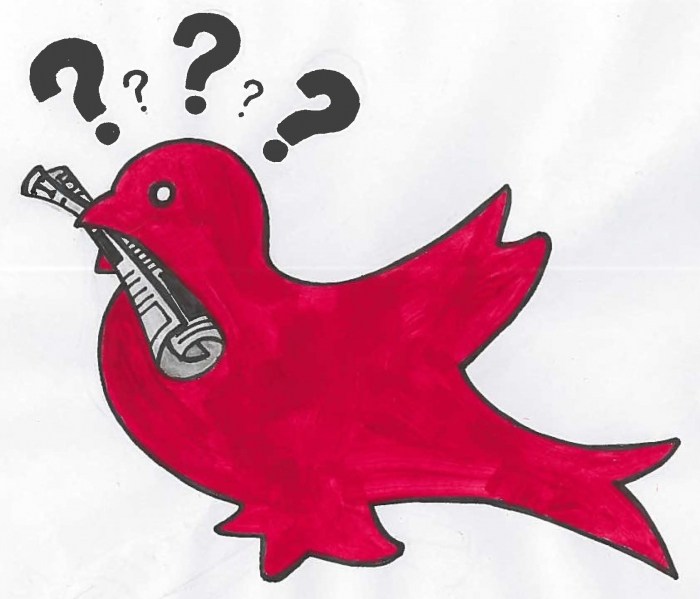What is the GSVP?
During the 2016-17 academic year, accusations of sexual violence were levied against the former vice-president external and president of the Student Society of McGill University (SSMU). While McGill’s administration had a policy against sexual violence during the upheaval, SSMU had no such legislation, leading to an organizational crisis within the student union. Following the resignations of the accused, the remaining executives needed to double the size of their portfolios and students’ trust in SSMU was eroded. In response, the 2017-18 SSMU executive team committed to creating the Gendered and Sexual Violence Policy (GSVP). This policy, the funding for which recently passed in the Fall 2018 referendum, takes three distinct approaches toward addressing rape culture at SSMU: Prevention, support and advocacy for survivors, and disciplinary procedures.
What is gendered and sexual violence?
Actions that target or delegitimize an individual’s gender identity are acts of gendered violence. This includes misogynistic or transphobic slurs, misgendering, and intentionally ‘outing’ closeted queer people. Acts of sexual violence can be any non-consensual sexually-motivated behaviour, which may or may not be physical. This includes assault, harassment, and non-consensual condom removal.
How does the GSVP prevent future sexual violence?
The prevention efforts enacted by the GSVP are focused on the development and administration of training for SSMU staff and specific members. The two Anti-Violence Coordinators (AVC) will oversee the training, which must be completed by all SSMU employees and half of the members of every SSMU club during the fall semester. If they do not attend the training, or refuse to go, AVCs will suspend the SSMU member from their employment or, in the case of a non-compliant club, cease funding.
How does the GSVP support and advocate for the survivors of sexual violence?
In order to provide institutional support to survivors, the GSVP compels SSMU to promote existing support systems to the SSMU community, such as the Sexual Assault Centre of the McGill Students’ Society (SACOMSS) and the Montreal Sexual Assault Support Centre. After the GSVP is enacted, SSMU will continue to advocate for more resources for these services, and the VP External Affairs will continuously update the SSMU website with information for survivors. The GSVP also works in tandem with the OurTurn National Action Plan, a SSMU-published strategy that guides student societies in creating anti-violence initiatives.
How does the GSVP respond to allegations of sexual violence?
The GSVP allows survivors to file disclosures and complaints to the AVCs against anyone within the SSMU context, including SSMU members, employees, and visitors on SSMU-owned property. While a disclosure can lead to an informal resolution process, a complaint can proceed to a formal investigation led by the AVCs or an independent third party if requested by the complainant. After an investigation is conducted, the AVCs will ultimately assess whether its findings substantiate the complaint; if they do, the complaint will be referred to a GSVP committee comprised of six students. The committee will decide which sanctions should be levied against the accused, ranging from a mandatory letter of apology to dismissal from SSMU employment or position. The GSVP also provides a timeline that the disciplinary procedure should follow.
“The SSMU GSVP timeline requirements seek to ensure that, barring extraordinary circumstances, formal complaints will be completed within 2 months,” the GSVP reads. “[AVCs] will have extensive training not only on sensitively facilitating the GSVP process, but also on the central importance of frequent updates and information provided to parties involved in informal or formal resolution processes.”
When will the GSVP be enacted?
SSMU will begin implementing the GSVP in Jan. 2019, with the aim of full implementation by Sept. 2019. Starting next semester, students will pay an opt-outable fee of $0.45 per term to fund the GSVP’s implementation.








tell me what to do